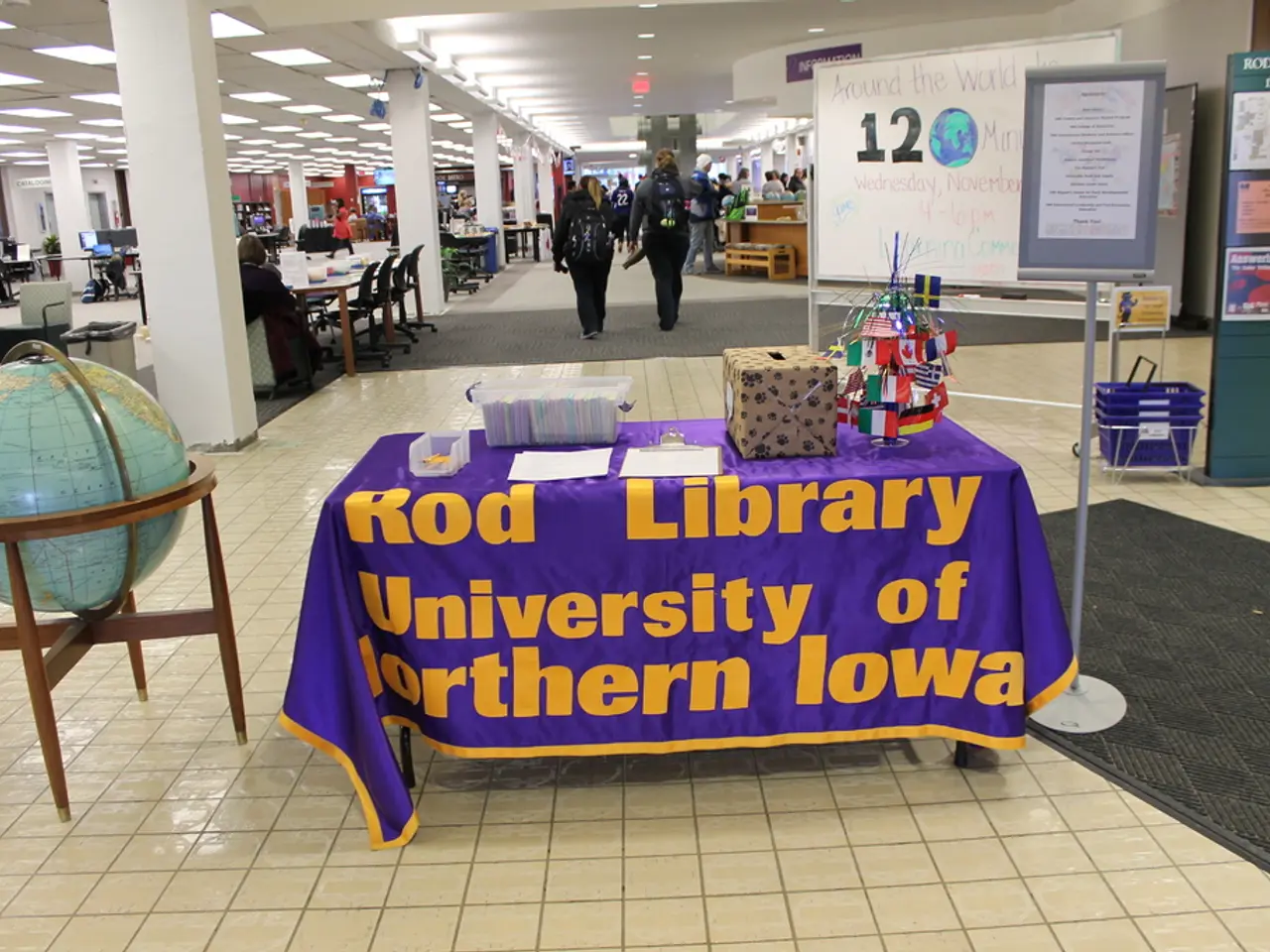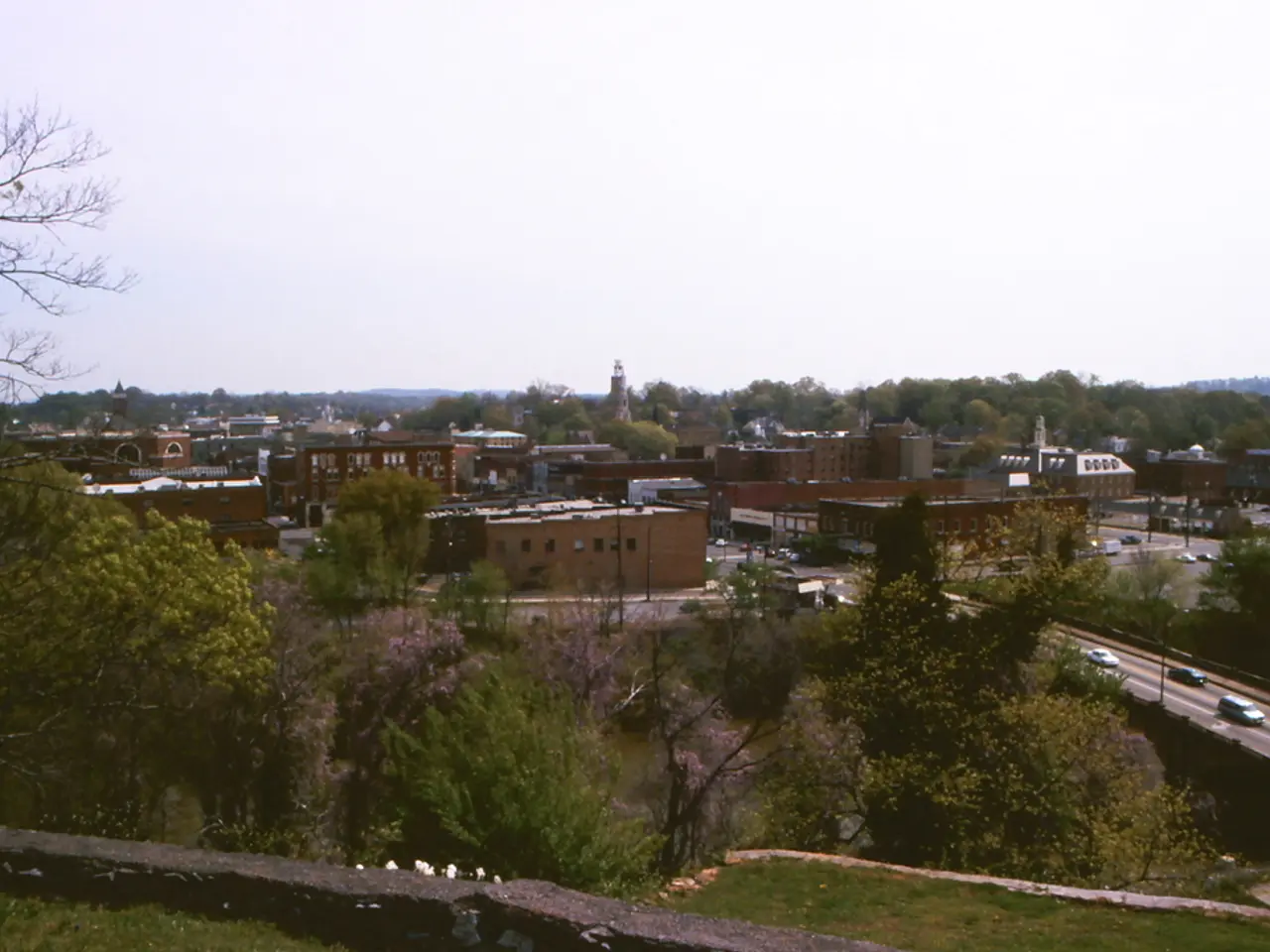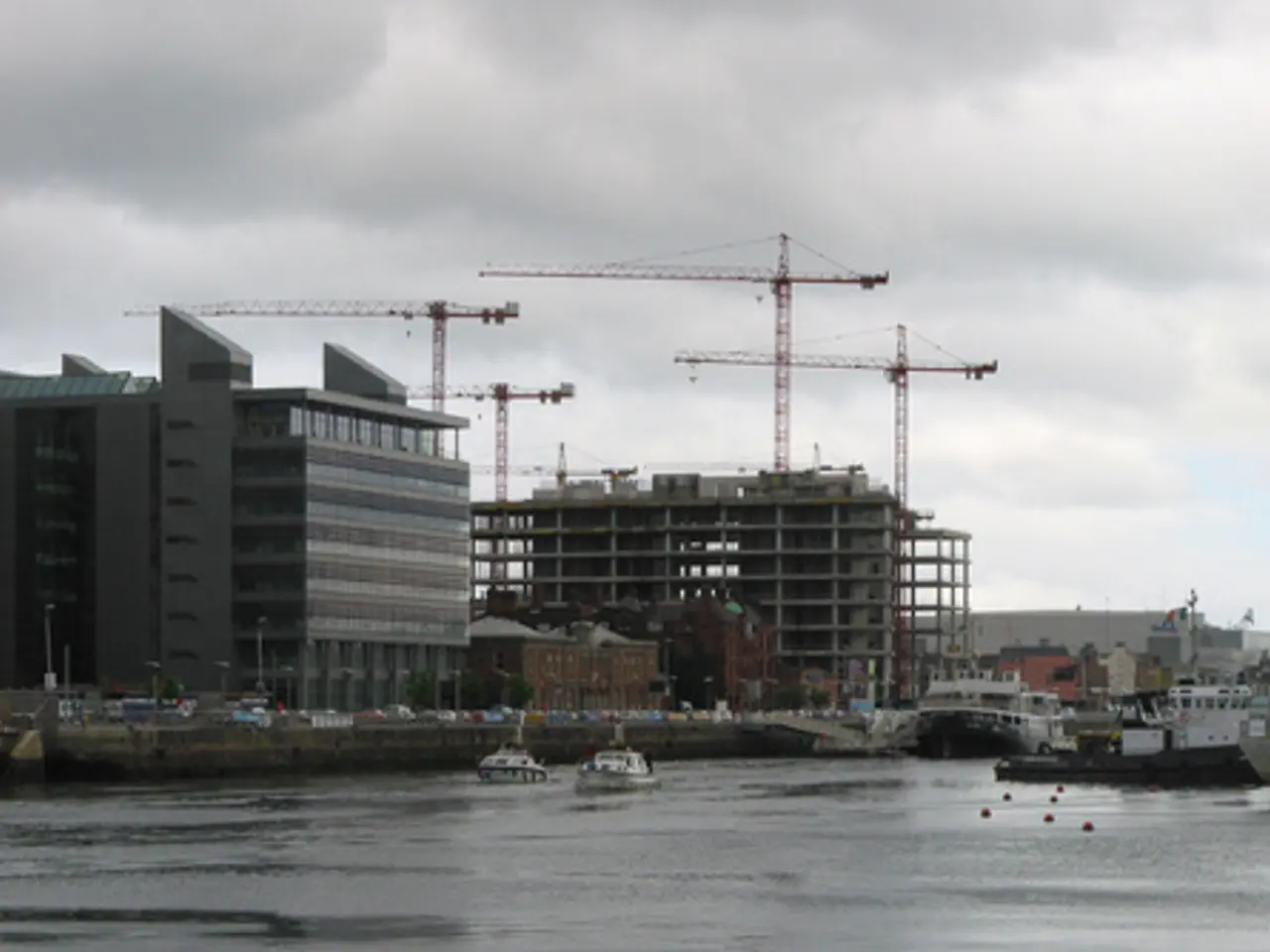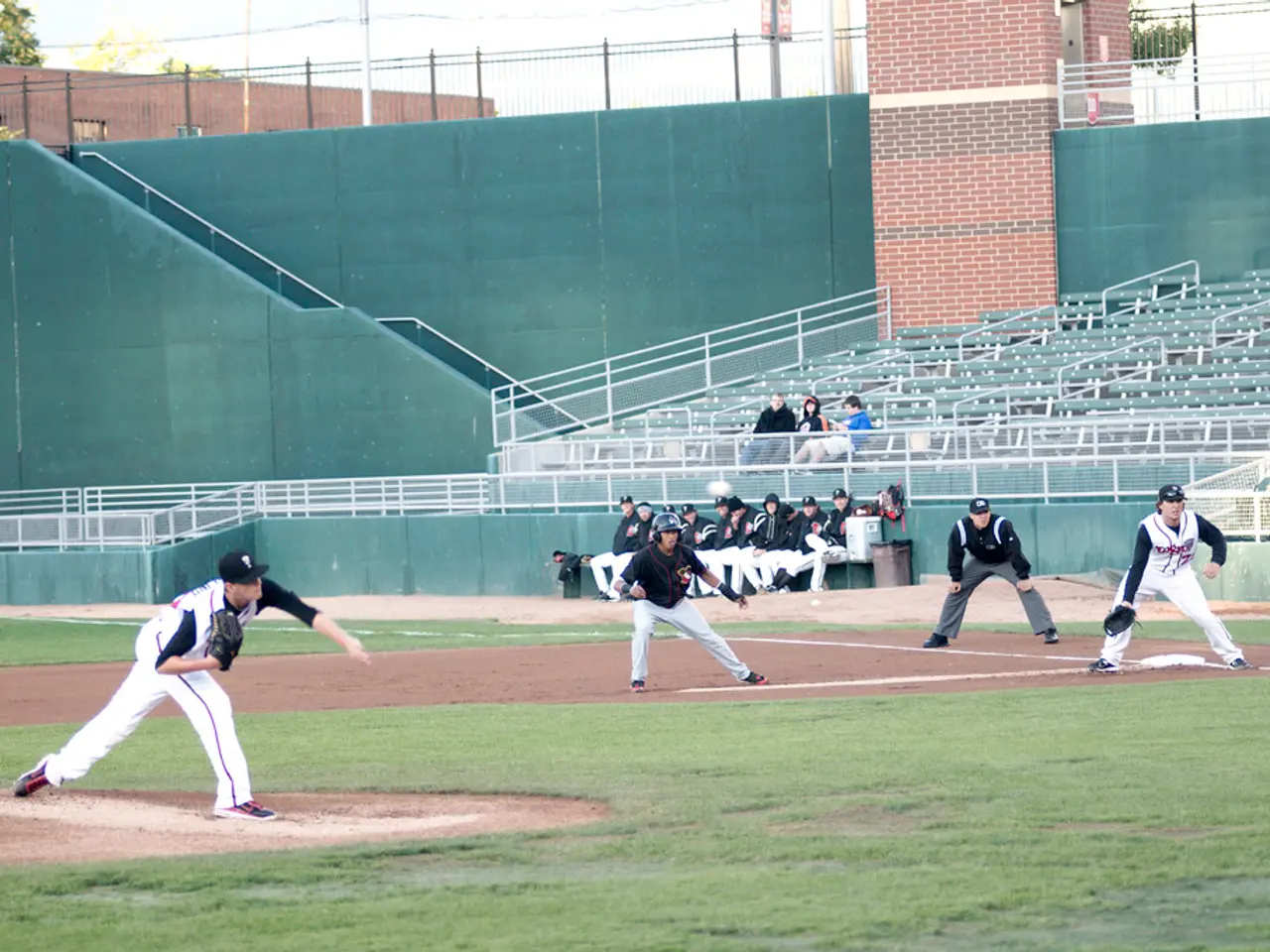A large gathering memorializes the fiery assault on the Alevi community - Over a thousand individuals recollect the devastating arson incident against the Alevi community.
In the heart of Turkey, a tragic event unfolded 32 years ago that left an indelible mark on the Alevite community, a religious and cultural minority. The Fatal Arson Attack in Sivas, which took place in July 1993, remains a poignant reminder of the importance of religious tolerance and diversity.
During a cultural festival in the city center of Sivas, a group of radical Islamists set fire to the Madımak Hotel, where many Alevi intellectuals, artists, and attendees had gathered. The attack resulted in the deaths of 37 people who were tragically trapped inside the burning hotel. This massacre was a brutal expression of the sectarian violence and discrimination directed toward Alevites, reflecting long-standing social and political tensions in Turkey.
The Sivas Massacre is seen as a symbol of intolerance and religious extremism against the Alevi community, which has historically endured persecution including earlier massacres like the 1978 Maraş massacre and the 1980 Çorum massacre[1]. The Alevites' troubled history in Turkey can be traced back to the Ottoman Empire, including the brutal suppression of the pro-Shia Şahkulu Rebellion in 1511 where about 40,000 were killed.
The tragic event has resonated beyond Turkey, particularly within the Turkish diaspora in Europe. In cities like Berlin, which has a substantial Alevi community, memorials and commemorative events are held to honor the victims of the Sivas Massacre and to raise awareness about the Alevites’ struggle for recognition and rights. These memorials serve as important spaces for remembrance and cultural identity preservation for Alevis living abroad.
Recently, a demonstration in Berlin commemorated the 32nd anniversary of the Sivas arson attack. Approximately 1,100 people gathered in the city to remember the 37 lives lost in the Sivas Massacre. The demonstration proceeded peacefully, according to a police spokesperson, and the march began at Hermannplatz in the Neukölln district, making its way to Oranienplatz in Friedrichshain-Kreuzberg.
The gathering was themed "Sivas 1993 - Pogrom against Alevites," highlighting the religious nature of the attack. The event serves as a powerful reminder of the ongoing challenges faced by the Alevite community, both domestically in Turkey and within the diaspora.
This tragic event is a key moment in understanding the modern history of Alevis in Turkey and the ongoing challenges they face. Memorials and commemorations like the one in Berlin are essential in preserving the memory of the victims and advocating for Alevi rights and recognition[1][2].
[1] "Alevis in Turkey: A Historical Overview." Kadir Has University, n.d., web.kadirhas.edu.tr/en/alevis-in-turkey-a-historical-overview. [2] "The Sivas Massacre." Human Rights Association, 2018, en.ihd.org.tr/sivas-massacre.
- The ongoing commemoration of the Sivas Massacre in cities like Berlin, which has a substantial Alevi community, reflects the importance of remembering key events in the employment policy of community advocacy and the pursuit of justice for religious minorities, such as the Alevites, in war-and-conflicts and politics, as well as in the general news of crime-and-justice.
- As the Alevite community continues to face challenges in Turkey and across diaspora communities, memorials and commemorations like the one in Berlin serve not only as spaces for remembrance and cultural identity preservation, but also as platforms for advocating for employment policies that promote religious tolerance, diversity, and equality in a context marred by past and present conflicts.








